Last year, when writing the prologue for the particular list, we mentioned that despite a number of great films (Limbo, The Falls etc), the industry seemed to have taken a step back as a whole. In 2022, it seems that the opposite is happening, as there are no definite masterpieces, but a lot of really good films, which could signify a step forward for the cinema of China, Taiwan and Hong Kong, even if a number of titles were pulled from international festivals, making their viewing quite difficult to happen. It is also quite interesting where Hong Kong cinema moves after the shattering changes of the last few years, with the first samples, however, seeming hopeful, at least as the beginning of something new.
Without further ado, here are the best Chinese Language films of 2022, in reverse order. Some films may have premiered in 2021, but since they mostly circulated in 2022, we decided to include them. A film from Tibet was also included, since, although the language is different, Tibet is considered part of China.
20. To Love Again (Gao Linyang, China)

Gao Linyang's skillfully crafted debut opens with the famous Wedding March from “A Midsummer Night's Dream” by Felix Mendelssohn, a standard piece one hears in films that have something to do with weddings, or for that matter – at weddings one attends in real life. Maybe not necessarily in China, but what would I know. The times have changed, so might as well the local music choices. But stay assured that all romance related to the Wedding March will be washed away the moment you realize that there is a mass wedding going on, a practice not unusual in China where such practice is far away from being considered as something awkward or of ‘less value'. For an average westerner, it is a nightmare coming to life. (Marina Richter)
19. Swallow (Mai Nakanishi, Taiwan/Japan)
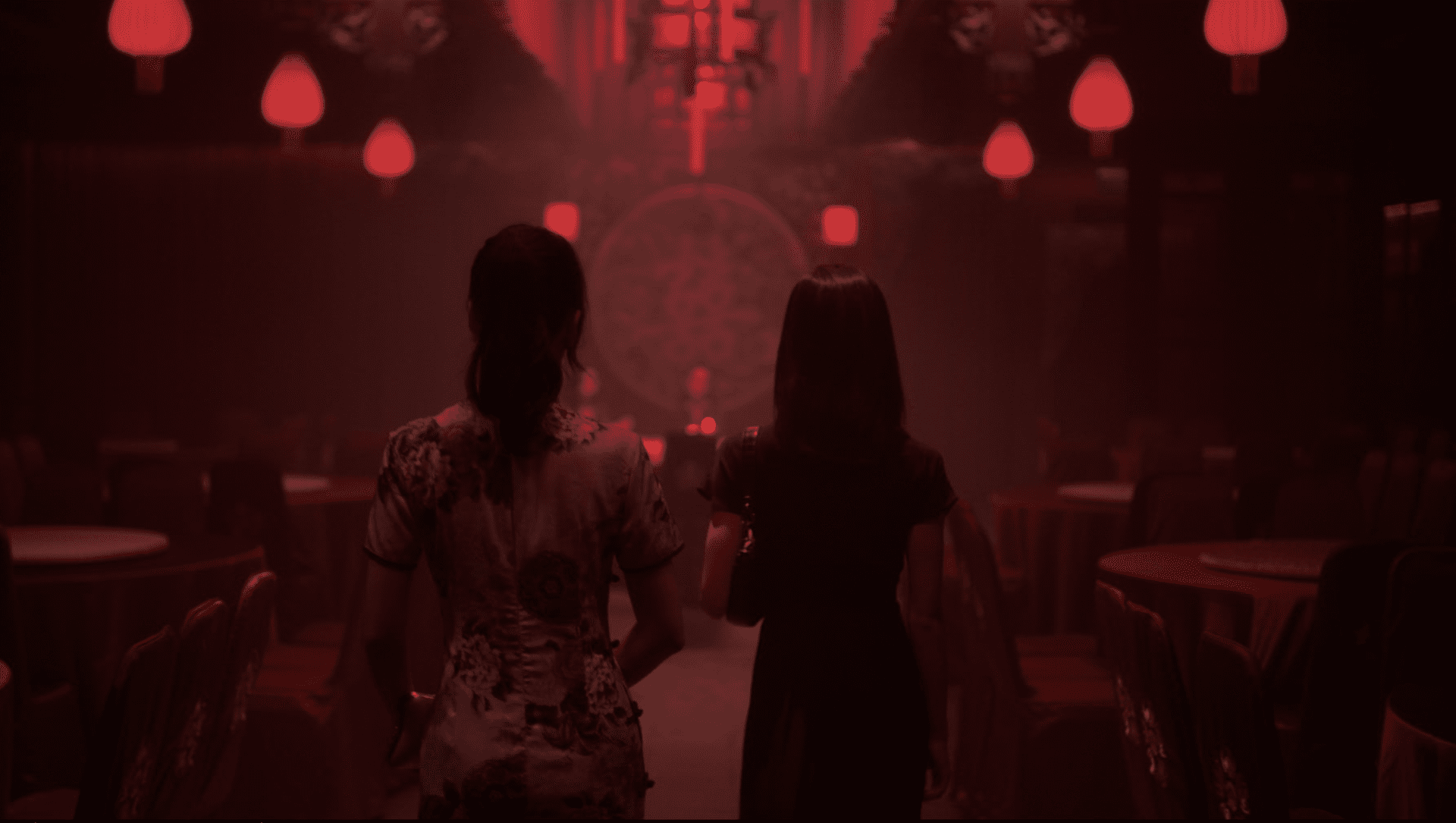
The combination of horror, well-handled pretentiousness, subtle sexuality in the way all women act like femme fatales, to a point at least, and the excellent cinematography deem “Swallow” a truly excellent movie, one that is evident that it could easily become a feature, something I eagerly await from Nakanishi in the near future. (Panos Kotzathanasis)
18. Chilli Laugh Story (Coba Cheng, Hong Kong)

In the best of Lunar New Year's traditions, “Chilli Laugh Story” delivers what the title anticipates; it is a comedy about the capers of a family around a fiery and addictive chilli sauce. Moreover, it is also about familiar dynamics and connections being tested by extreme situations of stress and challenging events. Here COVID-19 lockdown is the device that brings the characters out of their comfort zone and push them to find alternatives to the disrupted routine and accept together whatever good or bad will come out of it. (Adriana Rosati)
17. Manchurian Tiger (Geng Jun, China)
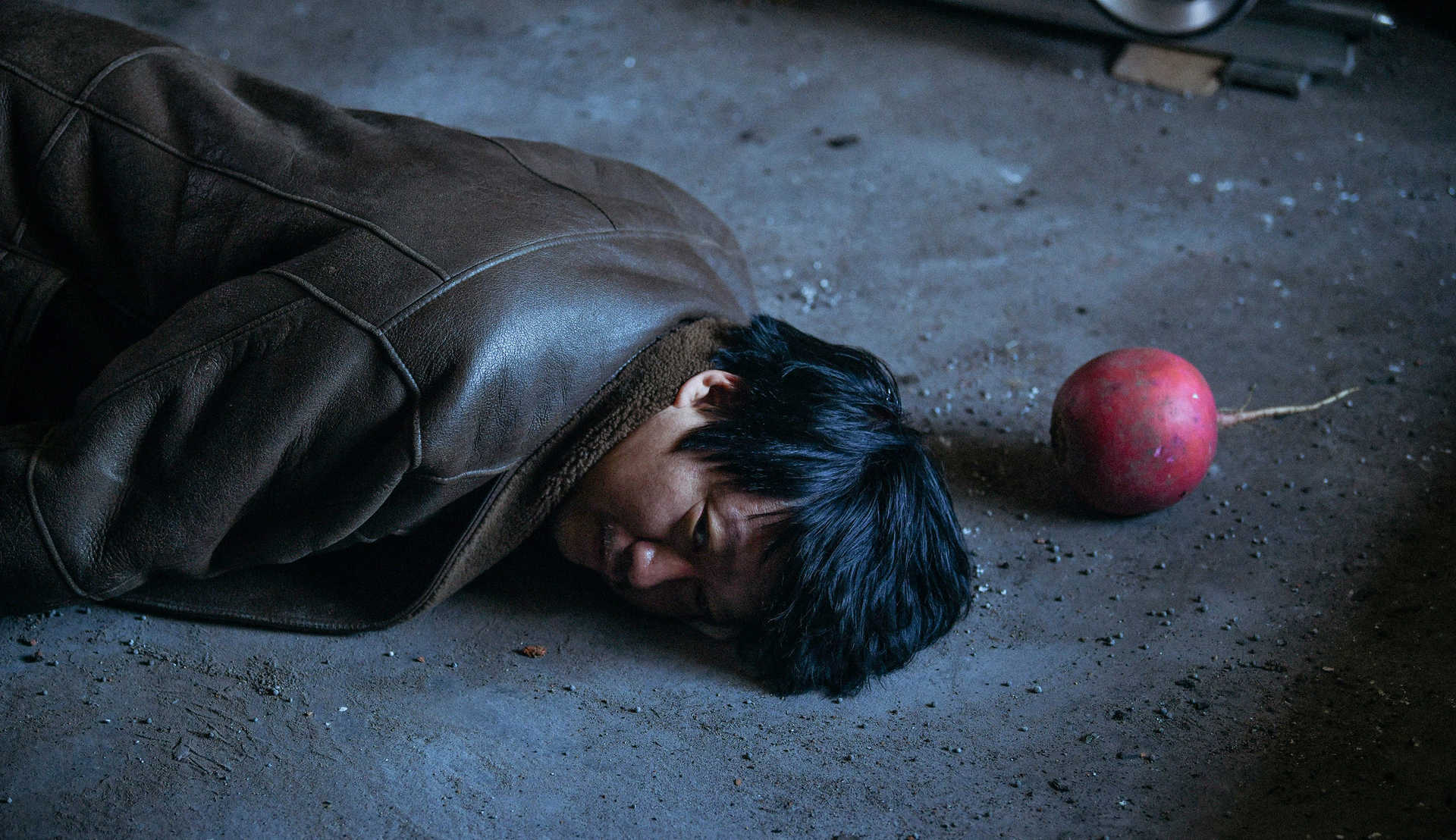
Director Geng Jun regroups his dream team for his latest film, “Manchurian Tiger”, a follow up (or sort of) to his previous “The Hammer and Sickle Are Sleeping” and “Free and Easy”, set once again in and around Hegang, Heilongjiang, the director's hometown in the cold Northeast of China, and based on everyday quirky characters of the area. Mixing black humour with social realism, Geng Jun has shaped a style of storytelling that is rather unseen and fresh in the indie Chinese cinema. (Adriana Rosati)
16. Blue Island (Chan Tze Woon, Hong Kong)
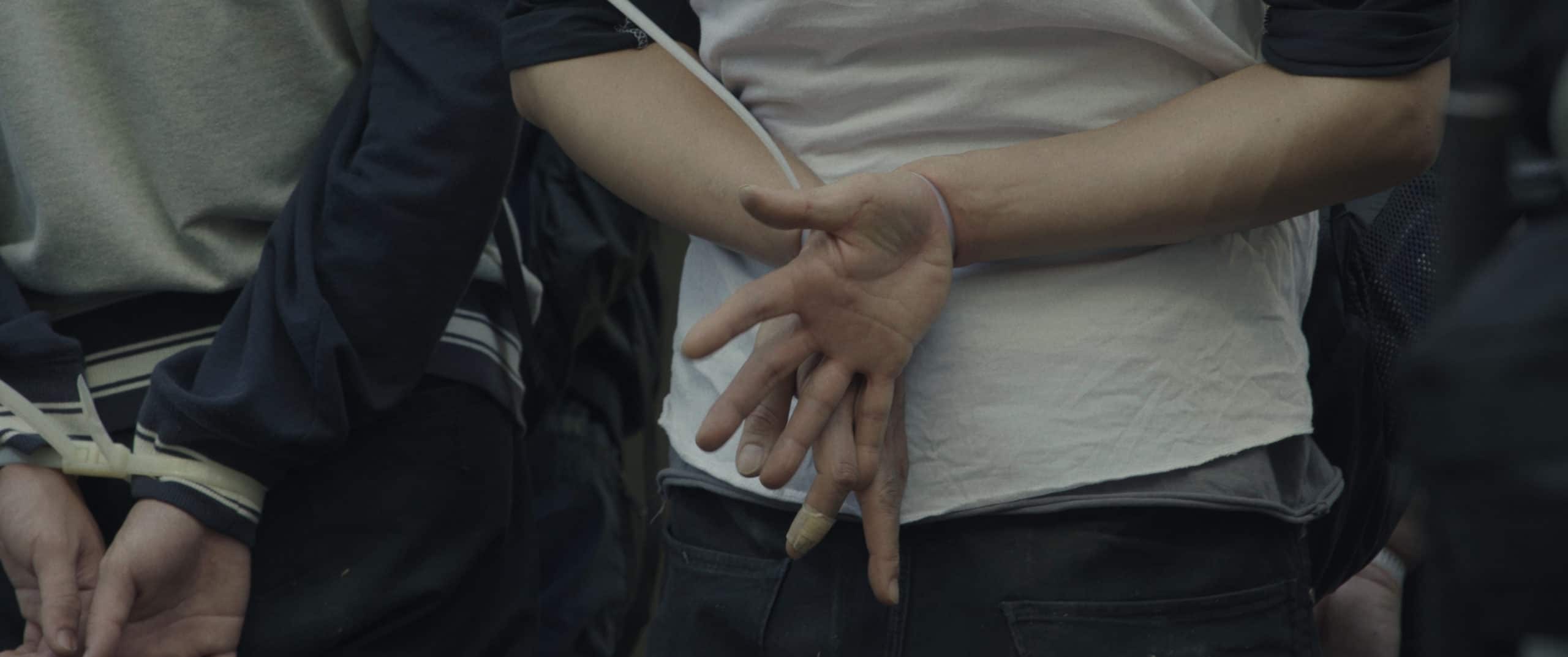
Chan also presents glimpses of the current life in the megalopolis, including ones from musicians, hospital workers, legislators etc, while a number of scenes highlight the beauty of the city, particularly regarding the sea and the way it shapes the whole frame of the city. In that regard, Szeto Yat-lui's cinematography emerges as impressive, in the way he manages to depict all these different elements, with the same applying to Chan's own editing, which implements a rather fitting, relatively fast pace. On the other hand, it should also be noted that the hybrid approach can be confusing at times, while the dramatization parts do not work that well, even if the message gets through from the movie as a whole, resulting in a documentary that is occasionally, unnecessarily artistic. This, however, is but a small issue which could be perceived differently depending on one's state, and the movie as a whole emerges as informative, well-shot, and definitely brave, which is where its true value actually lies. (Panos Kotzathanasis)
15. The Funeral (Shen Dan-Guei, Taiwan)
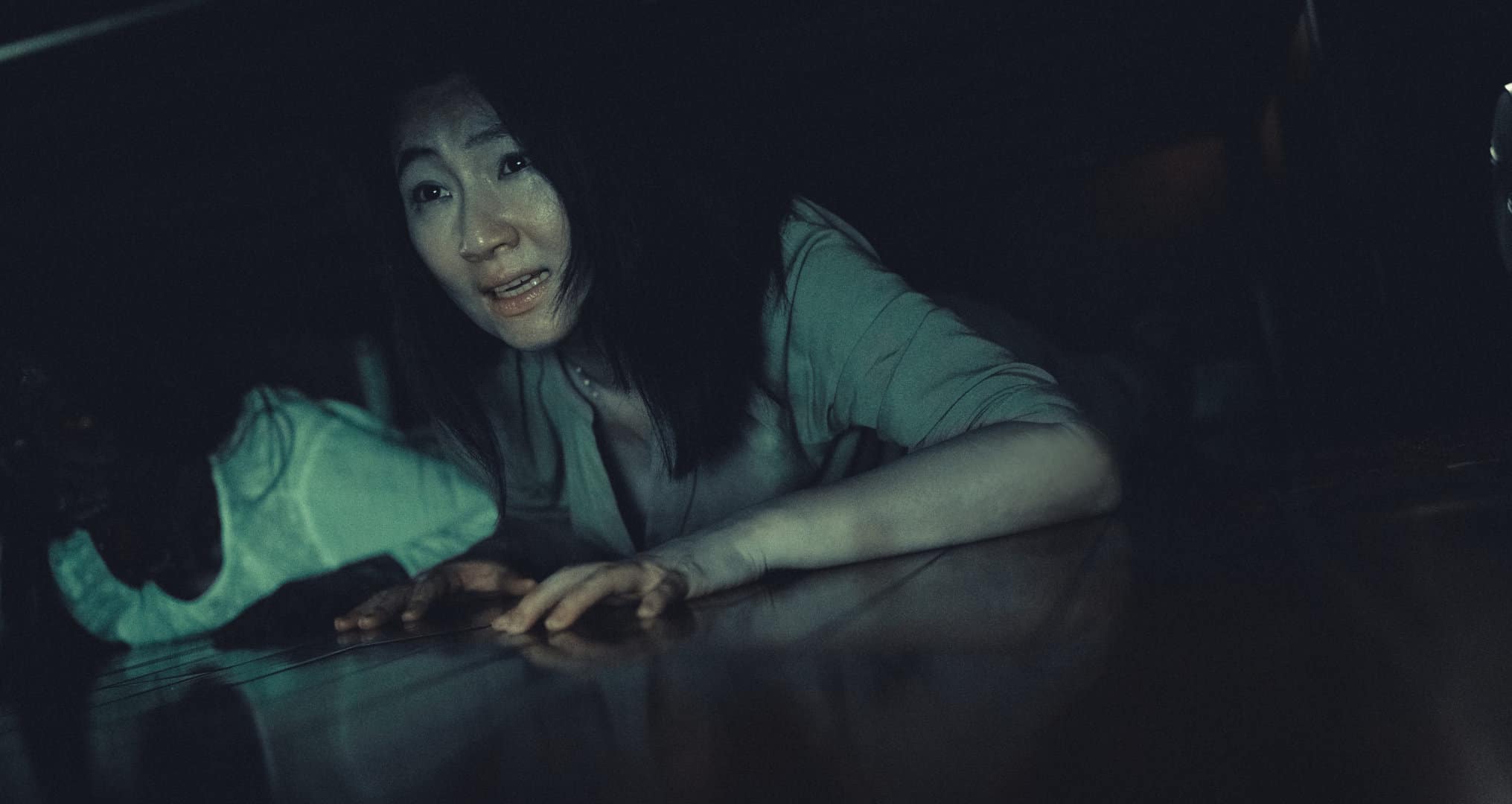
“The Funeral” has a lot to like with the supernatural elements on display. This is mainly centered on the use of arcane practices and occult rituals that are shown to take place during the time Chen Hua and Qin-xuan are there, detailing the elaborate arrangements that are being undertaken to send the grandfather off to the afterlife that is corrupted into terrifying encounters. (…) Offering up plenty of thrills and some highly enjoyable imagery, “The Funeral” is one of the finer entries of the year and manages to hold itself up incredibly well in the long run. Anyone who appreciates this kind of supernatural-tinged genre cinema or are curious based on the positives will be well advised to check this out. (Don Anelli)
14. Demigod: The Legend Begins (Chris Huang, Taiwan)

If you associate puppets with children–be warned, this is not a movie to watch with little ones as the director do not shy away from bloodbath. And the splattering blood is treated with the same attention to detail as body movements. Characters chop, pierce, stab and the red splashes all over the screen. To sum up quickly – „Demigod: The Legend Begins”, despite generic plot and lack of depth of characters, is a fantastic opportunity to experience new territories of animation and get more familiar with not-so-widely known aspects of Taiwanese art. (Joanna Kończak)
13. The Narrow Road (Lam Sum, Hong Kong)
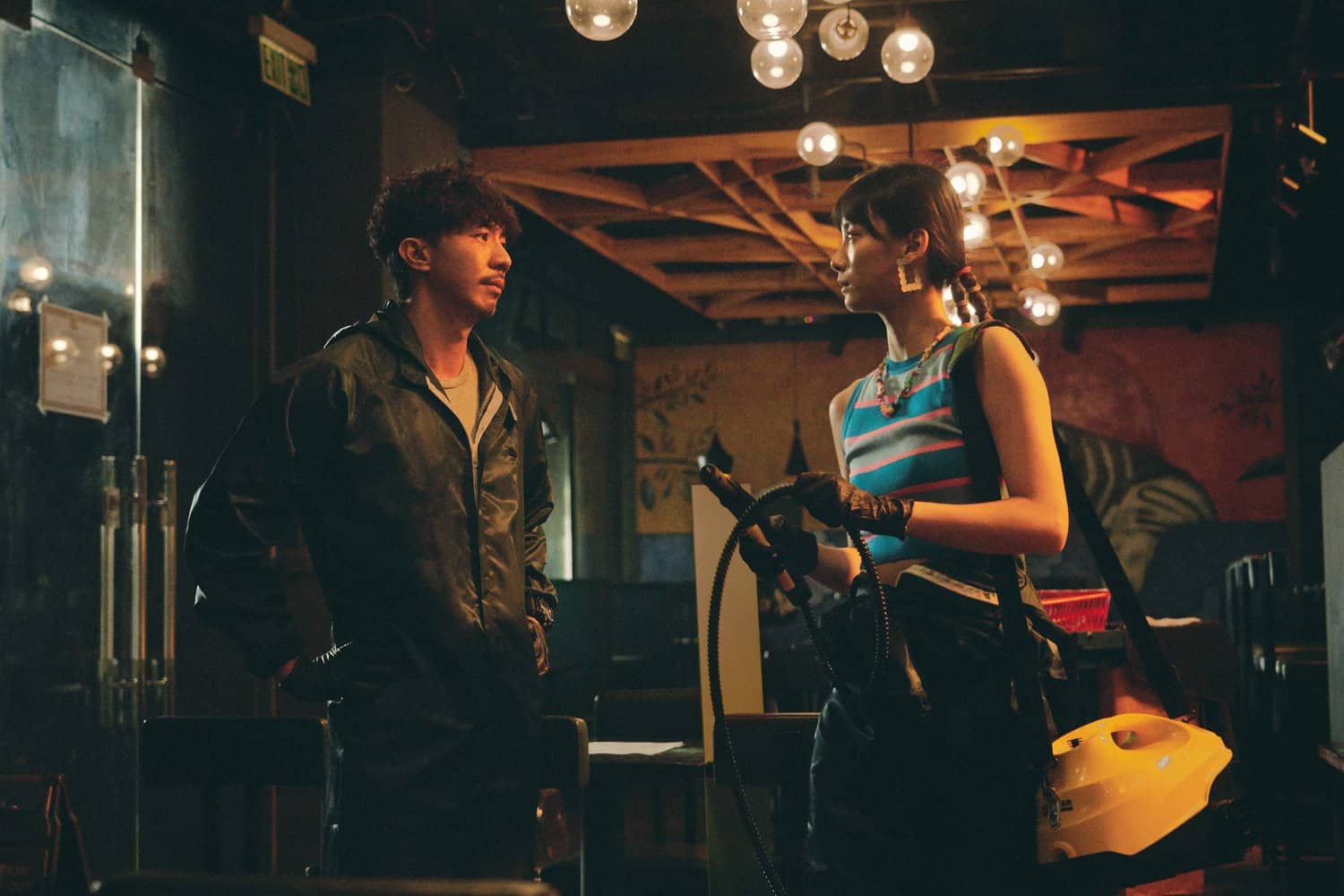
The focus on how the pandemic was particularly hard to the poor permeates Lam Sum's movie, as we watch the two protagonists not having access to masks, cleaning materials, and essentially jobs, as a number of small enterprises were forced to close due to the circumstances. In that fashion, the ways they manage to survive, and not actually live, are among the most intriguing aspects of the movie, also in the ways they shape both of them and Candy's daughter. In such a setting, every mistake costs intently, although Lam Sum also makes it evident that even if one made all the correct moves, the game was already rigged, particularly for the lower “castes” of HK society. (Panos Kotzathanasis)
12. Terrorizers (Wi Ding Ho, Taiwan)
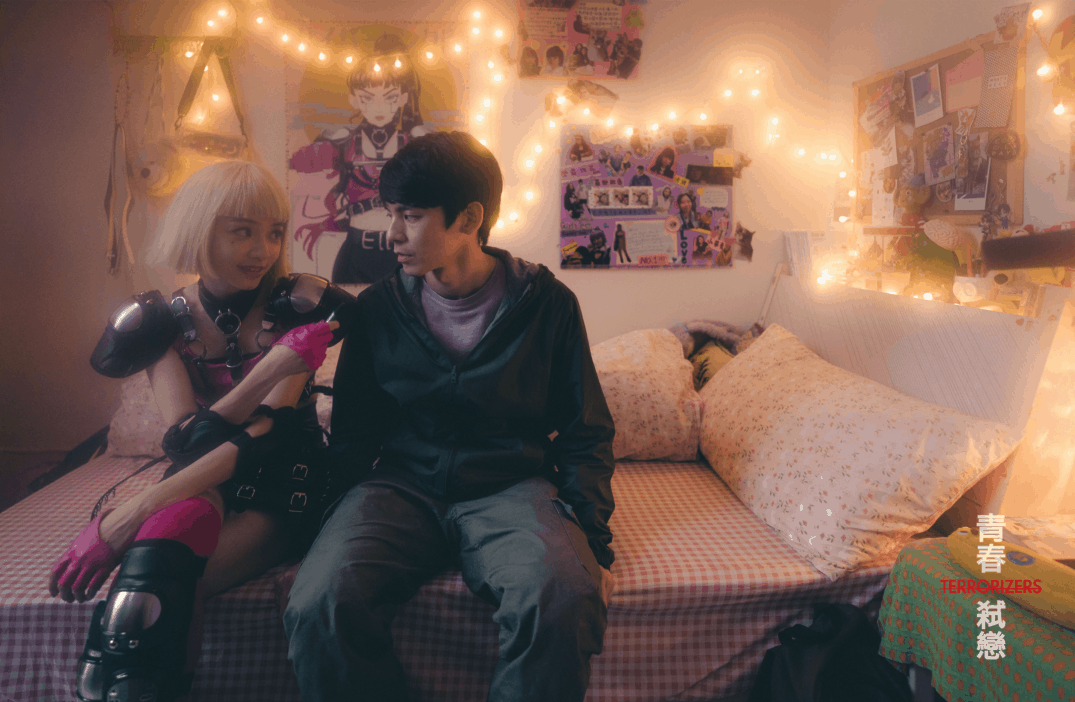
Inspried by his favourite VR game and a series of short porn videos introducing ‘Missy' (Annie Chen), Ming Liang is set to conquer his love interest at all costs – also by the means of katana wielding ‘knowledge' gained through years of digital practice. ‘Missy' is actually Yu Fang's thespian fellow from the amateur theatre, and her real name is Monica. She is trying to erase her porn past to avail – there are just too many men who watched the videos and took the liking in them. (Marina Richter)
11. Return to Dust (Li Ruijun, China)
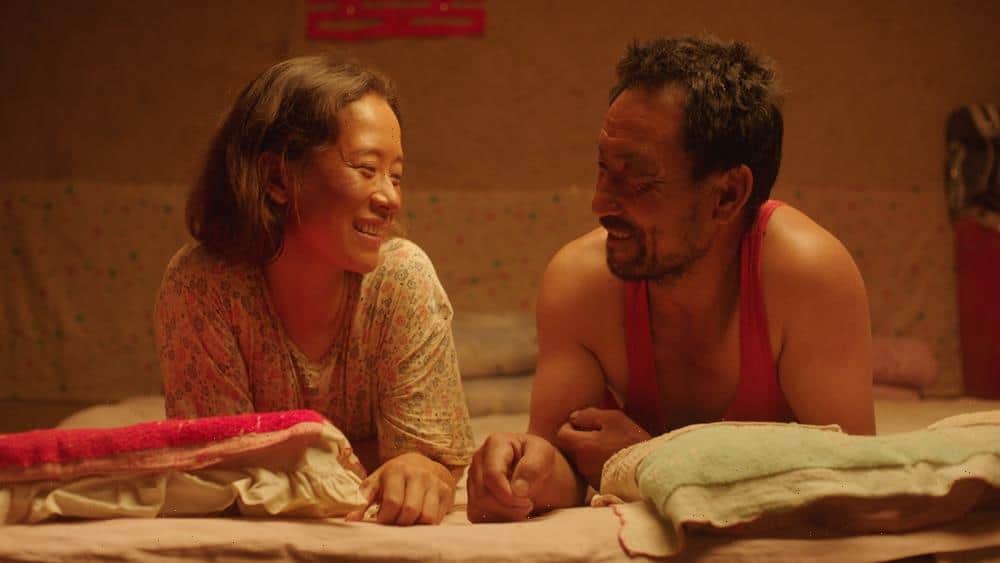
An awkwardly tied liaison between Ma and Guiying obviously does become something more, deeper and sincerer than anyone in their community has, but apart from not playing on that ticket with enough intensity (elaborating more on it would include spoilers) “Return to Dust” is rather speaking about the short time we are given on this earth and the rapid, merciless change in life tempo we've been experiencing the last two decades. The industrial mill is crushing villages and rural communities, transforming them into same-looking stinky parts of a larger capitalist machinery. The land is supposed to be ‘looking after itself' once in the hands of big agricultural conglomorates, and hands that used to work it before will be busy with something else, in another belly of the industrial beast. As a native of Gaotai and farmer himself, Li projects his romanticised image of the area on the screen, choosing the ‘old ways' over modernity, and there is nothing wrong in it. But he likes it old, old, with plow pulled by a donkey and all work done manually, like there is no mid way for both keeping the love for the land and saving the back from bursting in half. (Marina Richter)






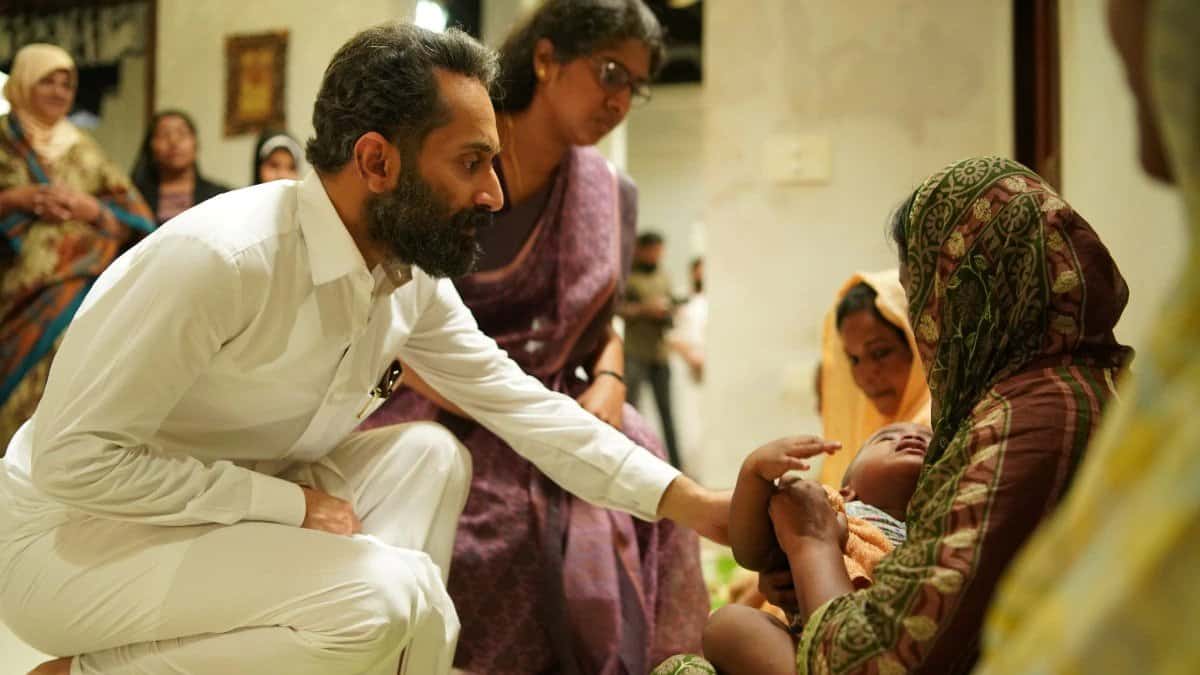
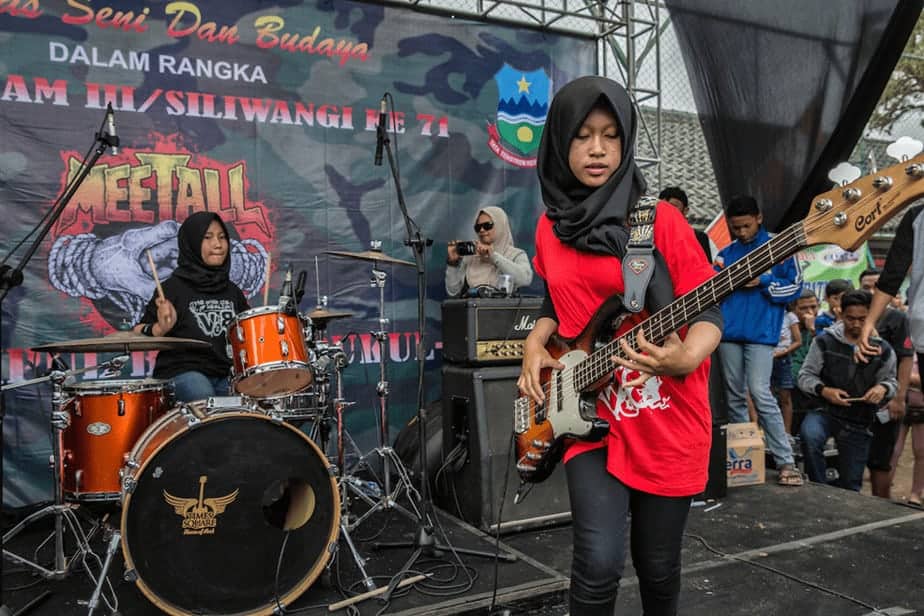
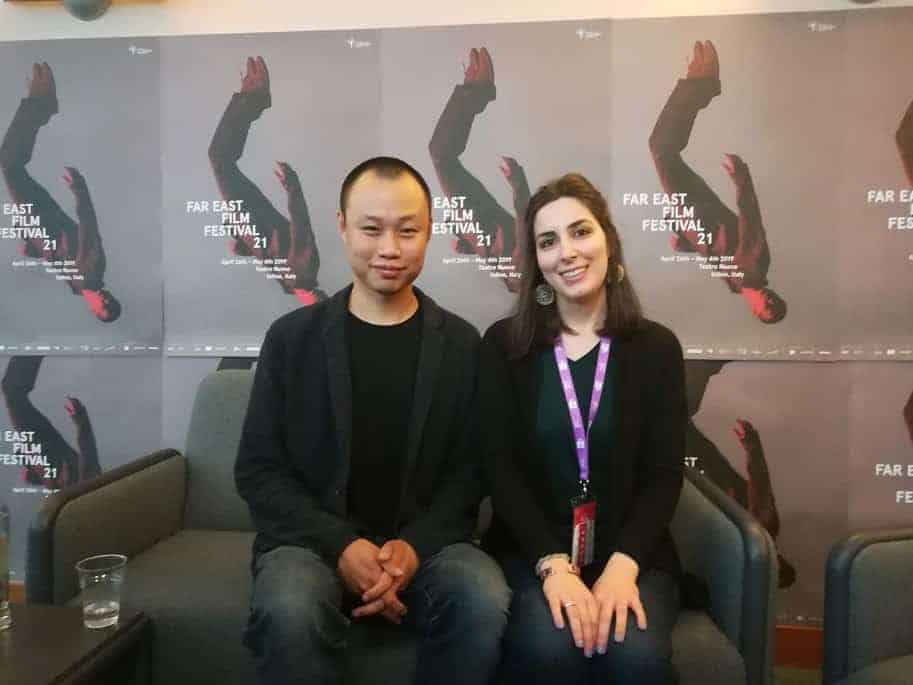










Tibet is not part of china
Since 1951, the entire plateau has been under the administration of the People’s Republic of China, a major portion in the Tibet Autonomous Region, and other portions in the Qinghai and Sichuan provinces.